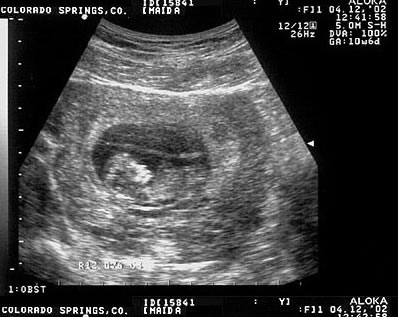 Unfortunately for some, having a healthy baby simply doesn’t bring the joy we all assume that new mothers will automatically feel.
It is also completely out of their control and not something which they choose to feel, or plan to feel. The particular symptom we are referring to is Post Partum Depression.
Approximately 80% of women will experience what is commonly referred to as the “baby blues” after giving birth, yet only one out of every eight-ten will experience a more severe form of the baby blues known as post partum depression.
Unfortunately for some, having a healthy baby simply doesn’t bring the joy we all assume that new mothers will automatically feel.
It is also completely out of their control and not something which they choose to feel, or plan to feel. The particular symptom we are referring to is Post Partum Depression.
Approximately 80% of women will experience what is commonly referred to as the “baby blues” after giving birth, yet only one out of every eight-ten will experience a more severe form of the baby blues known as post partum depression.
What is the difference between Post Partum Depression and Baby Blues?
The baby blues are more commonly associated with a short term sense of sadness after birth which will usually only last for about 2 weeks. This is quite common, especially after the excitement of pregnancy and the drama of giving birth. Post Partum Depression is much more serious. It does not always show signs right after birth and it can affect anyone.Warning signs of Post Partum Depression
- Constantly feeling restless
- Irritability that doesn’t fade day after day
- Feelings of sadness that last more than a few hours or an entire day
- Frequent and unexplainable crying
- Persistent lack of energy
- Inability to sleep despite fatigue
- Weight loss/gain that is extreme
- Feelings or fears that you will harm your baby
- Guilt
- Feelings of inadequacy
- Excessive anger
- Lack of interest in your newborn
- Intrusive thoughts
Look After Yourself
- Rest as much as possible
- Talk to your partner about your fears and concerns
- Talk to your doctor
- Be around other people as much as possible
- Find a support group of other mothers or talk to friends that also have children for support
- Take some time to get dressed and fix your hair. Enlist the help of your partner when you need it.
- If you have a family history of depression
- Have recently experienced events that were unusually stressful while pregnant or shortly after birth
- Single mothers are also more at risk. Be sure to reach out to friends, family members and even your doctor who might be able to recommend a community support group for you to get involved with.
Post Partum Depression


